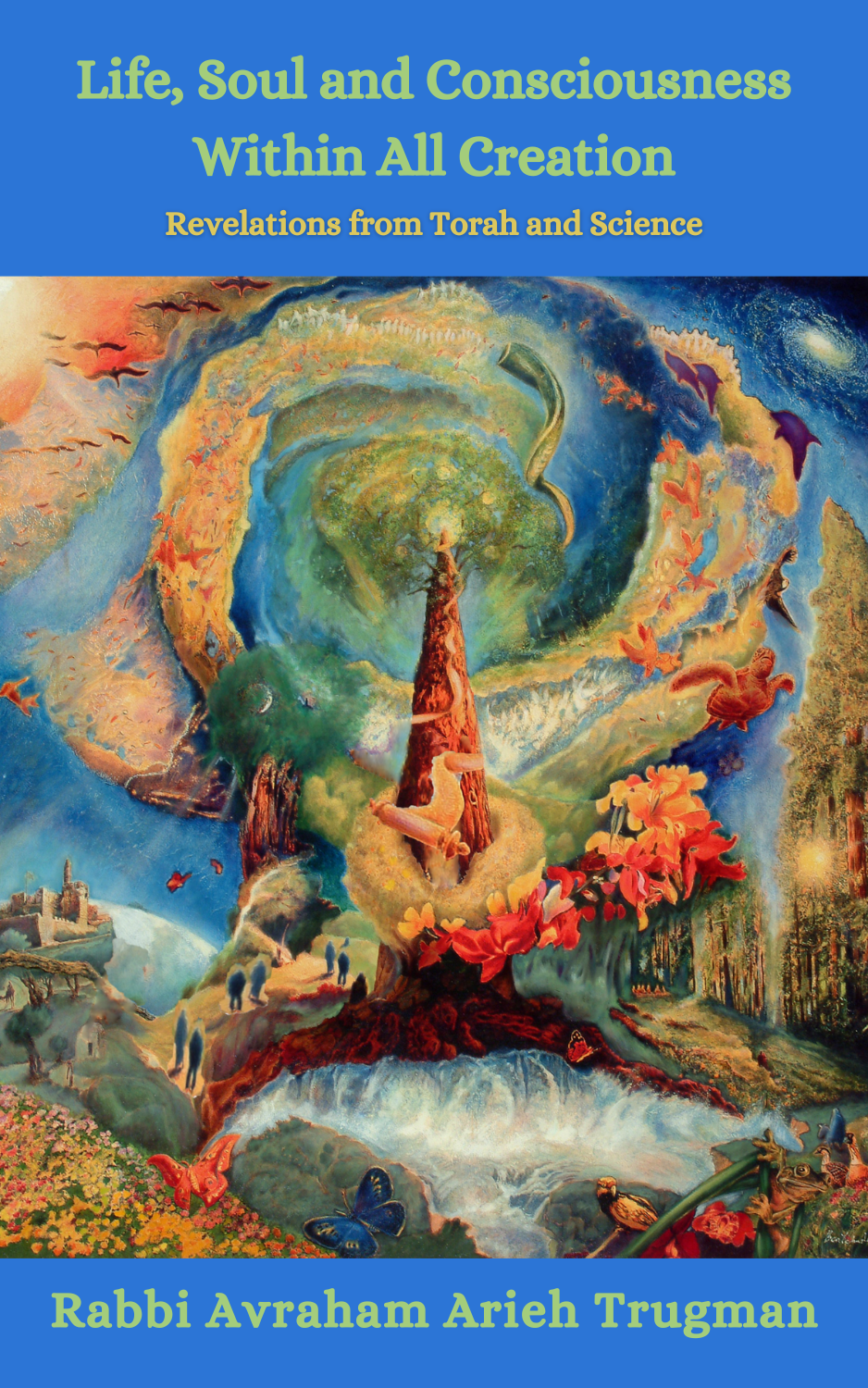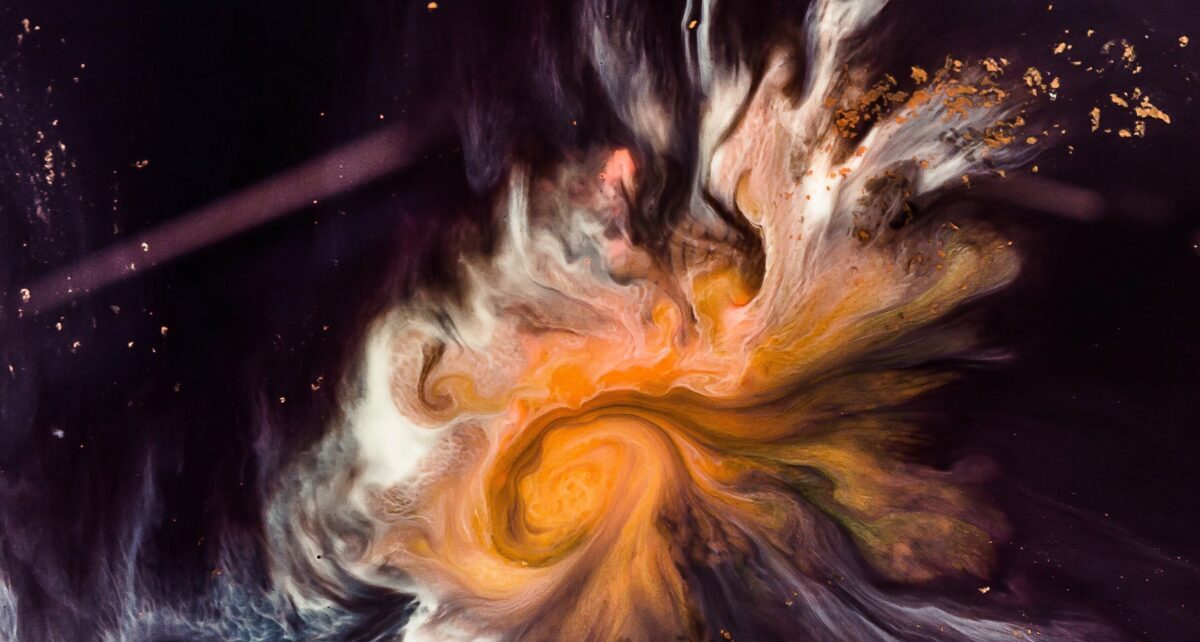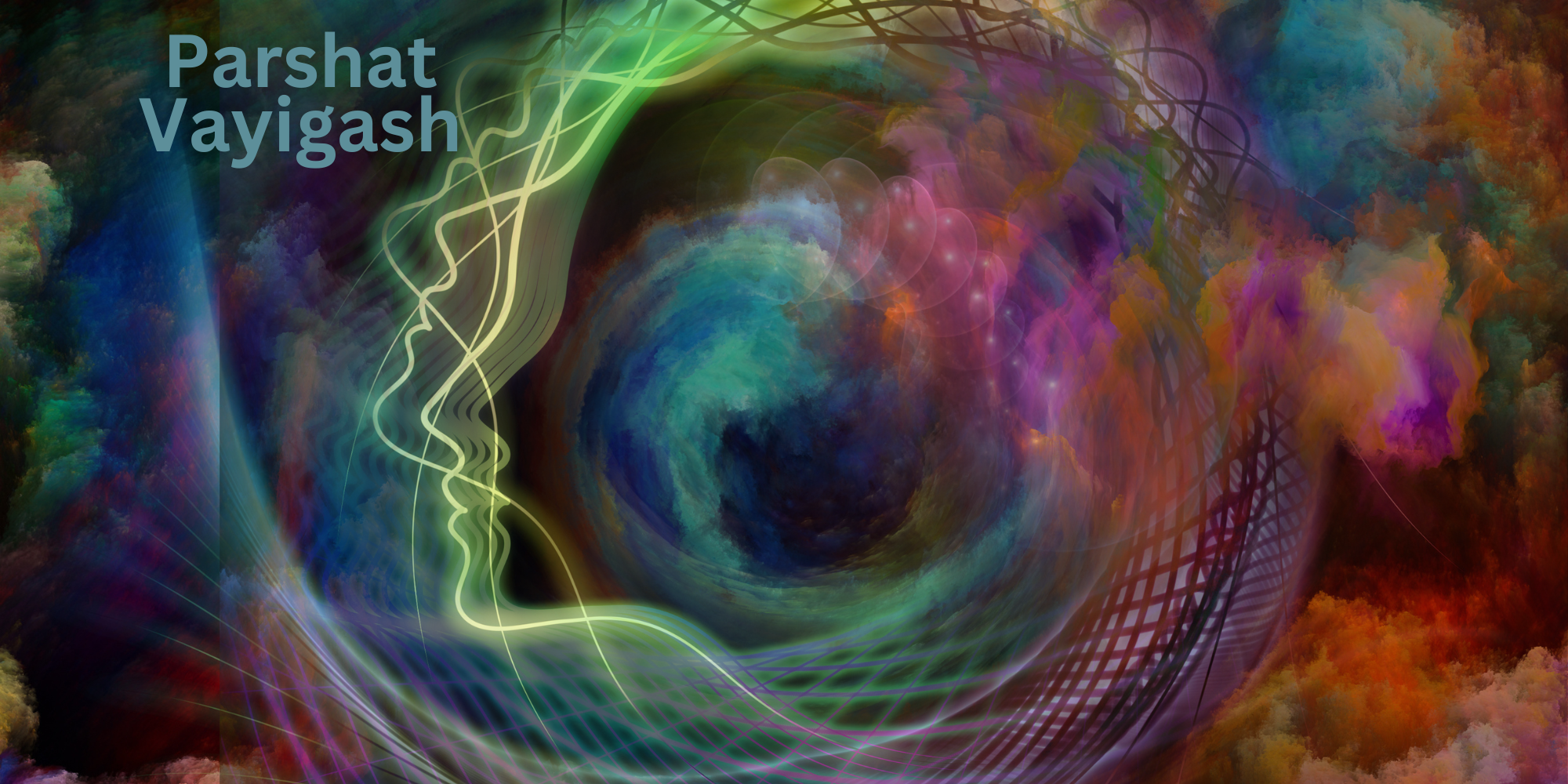In addition to the Thirteen Attributes of Compassion revealed in the Torah, the prophet Micah (7:18-20) also revealed a parallel set of Thirteen Attributes:
“Who is a God like you, who pardons sin and forgives the transgression of the remnant of his inheritance? He does not stay angry forever because He delights to show mercy. He will again have compassion on us; He will suppress our iniquities and You will cast all their sins into the depths of the sea. You will show truth to Jacob, and love to Abraham, as You swore to our fathers from days of old” (7:18-20).
The above words, “and You will cast all their sins into the depths of the sea,” is the inspiration for the beloved custom of Tashlich, when Jews go to a body of water on Rosh Hashanah and symbolically throw their sins into the water. Even though Rosh Hashanah is a day of judgment, our prayers are nonetheless geared to arouse God’s compassion upon ourselves, upon all Israel and upon the entire world.
Like everything else in the Torah, the custom of Tashlich has many levels of symbolic and alluded to meaning. Water in Judaism, and in fact in almost every culture, symbolizes purity, rebirth and a degree of holiness. After all the many hours spent in intense prayer on Rosh Hashanah going to a body of water is a refreshingly tangible focus for introspection and meditation. Whether watching the ripples, current, waves or the reflected sparkles of light on the water, natural bodies of water are highly conducive to a meditative and reflective state of mind and to opening the heart. Watching the water symbolically taking away our sins is both cathartic and comforting, giving a sense of renewal and a cleansed feeling of purity. Additionally, watching the flow of water reflects our prayer and deep longing that our lives should also flow peacefully and smoothly.
Although it is not a requirement to do Tashich with other people, many congregations go together to fulfill this unique custom. Rabbi Shlomo Carlebach taught that the beautiful thing about water is there is no singular word for water in Hebrew, we always refer to water in the plural tense. Although there is such a thing as an individual drop of water, in a natural body of water each drop merges into one unifies entity. This reality corresponds to one of the most important phrases in the Rosh Hashanah prayers – that all peoples unite as one entity to recognize and love God. This universalistic reality can be visualized and deeply felt when meditating on the water at the time of Tashlich.
Another aspect of water is its life-giving qualities. The purest form of water in Judaism is a natural spring and it is referred to as “living waters.” Without water there would simply be no life. Throughout our prayers of Rosh Hashanah and continuing through Yom Kippur we are continually asking for the gift of life for another year: “Remember us for life, O King who desires life, and write us in the Book of Life, for your sake God of life.”
In ancient days, Jewish kings were anointed by a stream or river. Similar to how a stream runs continually, the coronation by the water was meant to symbolize the hope that the king’s rule would also flow peacefully and continually. A beautiful hint to the source of this custom can be seen in a mathematical gem: the word for water, mayim, equals the word for king, melech!! Since one of the major themes of Rosh Hashanah revolves around coronating God as king of the universe as well as our personal God, the custom of Tashlich can be thought of as one further way to show our acceptance of God as king.
One Midrash states that when Abraham was taking Isaac to Mount Moriah as an offering he came suddenly upon a raging river. It first appeared impossible for them to cross, yet Abraham forged forward and as he stepped into the raging waters they disappeared! It was all a mirage created by those forces that came to prevent Abraham in his mission. This can serve as a potent and powerful message of Tashlich – that no matter what seeming obstacles that may come against us in the coming year we can draw strength from Abraham to persevere and overcome them.
Finally, water connects us to a primordial reality, creation at its very inception, and in a sense, even before creation. The first verse describes the creation of heaven and earth, symbolizing the full realm of spiritual and physical reality. The third verse describes the creation of light. Sandwiched in between the Torah describes in the second verse how darkness moved upon the face of the water, leaving the impression that in some mysterious way water somehow existed without a specific description of its creation. This accounts somewhat for the mesmerizing effect water has upon people.
Since Rosh Hashanah is called A Day of Remembrance, going to water at Tashlich reminds us and allows us a tangible experience of not only the renewal of creation but also connects us to a pre-creation state when nothing existed other than an infinite Creator. Somehow water has the ability to connect infinite and finite, spiritual and physical, soul and body.







